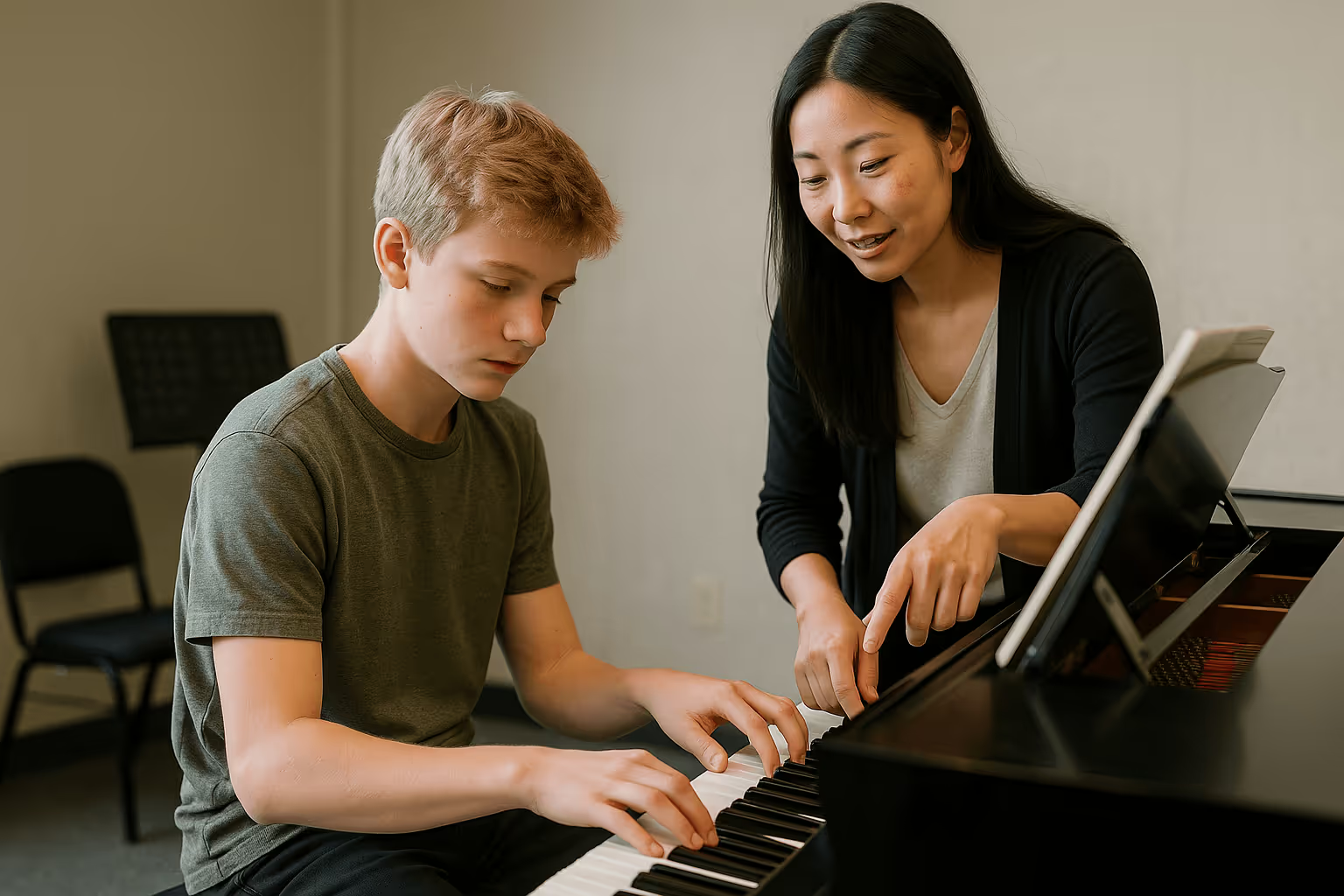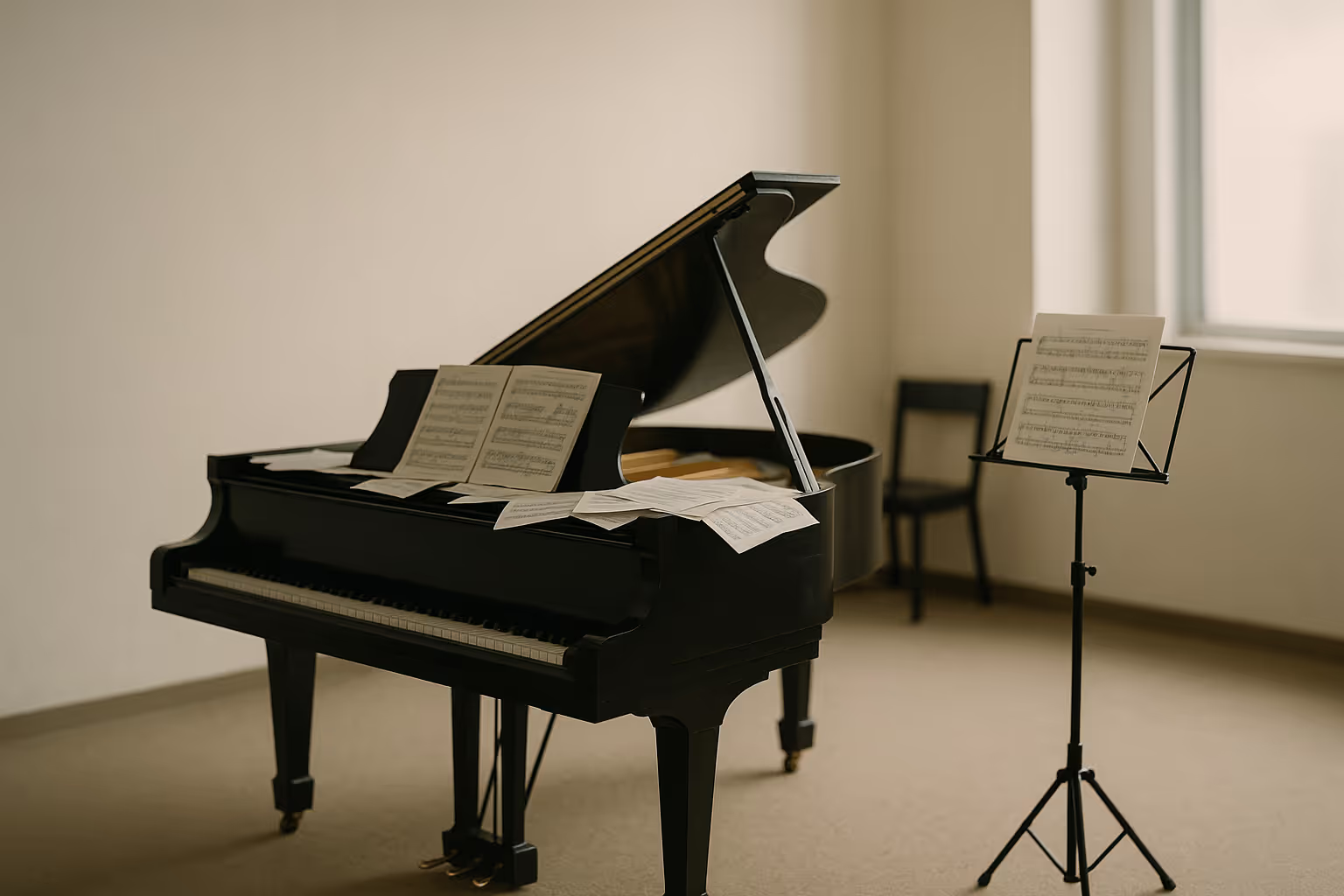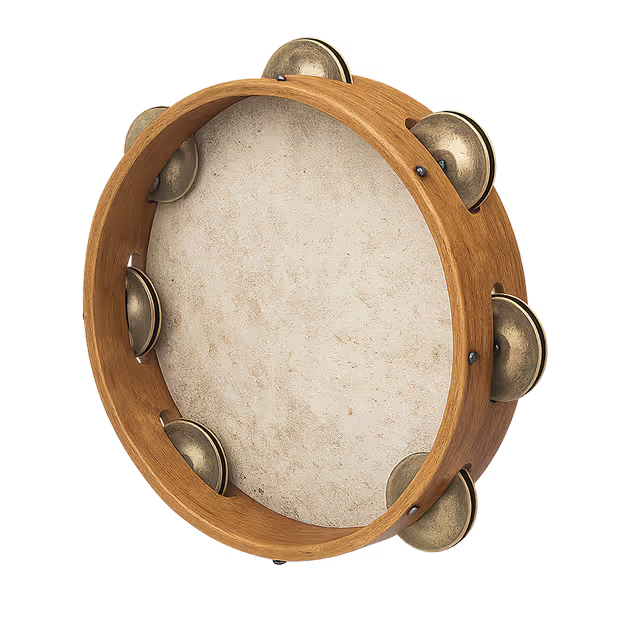Introduction
Even the most talented musicians don’t succeed alone. Behind every performer, composer, or teacher is someone who guided, challenged, and inspired them.
A mentor doesn’t just teach technique — they shape how you think, listen, and express yourself through music.
In this article, you’ll learn:
• Why mentorship is key to musical growth
• How the right guidance can save years of trial and error
• Ways to find a mentor that fits your style and goals
Mentorship Turns Knowledge into Growth
A mentor helps transform information into understanding.
They’ve already walked the path you’re starting on, so their insights shorten your learning curve and keep you motivated when progress feels slow.
“My mentor didn’t just show me how to play — he showed me how to feel the music. That’s when I finally understood what it means to be a musician.”
— Sophia Martinez, Vocal Coach at Serenade
Building Confidence Through Guidance
Mentors see your potential long before you do.
They notice strengths you overlook and weaknesses you can overcome.
Having someone believe in you pushes you past fear and into consistency — the true key to mastery.
Finding the Right Mentor
Not every great musician makes a great teacher. Look for someone whose approach inspires you and aligns with your goals.
A mentor should challenge you but also make you feel supported — growth happens when both are in balance.
Conclusion
Mentorship is more than a lesson; it’s a relationship built on trust, honesty, and shared passion.
With the right mentor, your musical journey becomes richer, faster, and more meaningful.
Key takeaways:
• Mentors accelerate progress and confidence
• Guidance helps transform skill into artistry
• Every great musician once learned from someone great



.avif)

.svg)
